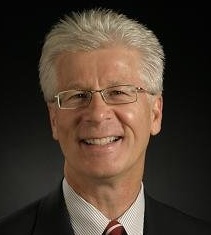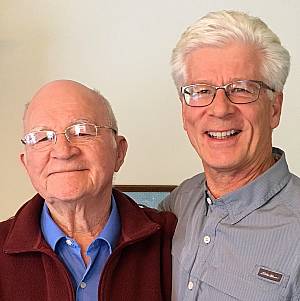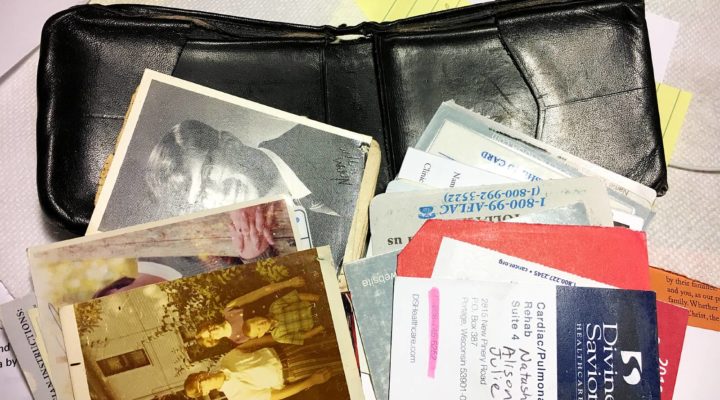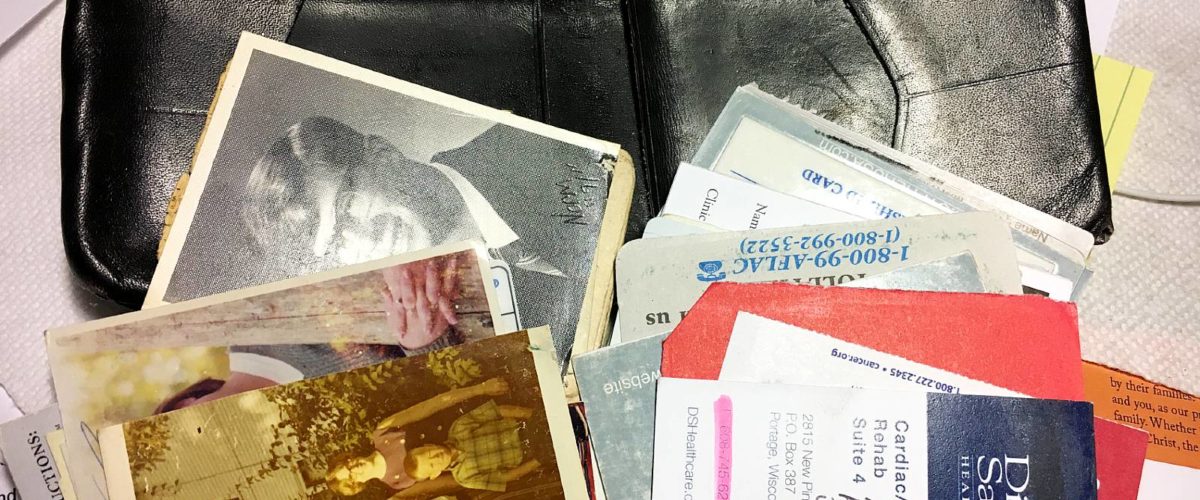 When Garrison Keillor described the Norwegian bachelor farmers, the storm homes and the universally above average children of his fictitious Lake Wobegon community, he was writing my story. My little Wisconsin town of 788 souls existed to serve the surrounding farms and those families that extracted a living from the recalcitrant soil and the animals it fed.
When Garrison Keillor described the Norwegian bachelor farmers, the storm homes and the universally above average children of his fictitious Lake Wobegon community, he was writing my story. My little Wisconsin town of 788 souls existed to serve the surrounding farms and those families that extracted a living from the recalcitrant soil and the animals it fed.
My Uncle Donnie was one such farmer. A simple man, never married, hosting his parents in his own farmhouse, he treated his worn leather wallet like a filing cabinet. He stored expense receipts for repairs, feed, fuel and seed in his wallet as he received them. At tax time, he emptied the wallet on his accountant’s desk; then it would slowly fill again during the year, making a continually widening bulge in his back pocket.
One summer – meaning the wallet would have been about half full – Uncle Donnie (“Don” to adult acquaintances, “Mustard” to friends) lost it. While climbing a fence, crawling under a farm implement or jouncing on a hard tractor seat, it somehow popped out of his overalls.
Whatever money it contained was an afterthought. He was distraught about lost records, receipts, driver’s license and the agony of retracing all those deductible transactions. We all knew his distress, as he repeated it over every Sunday lunch.
“I never doubted, never questioned, never once wondered if he loved me.”
About two months later, my cousin Dickie and I drove Don’s pickup down to the farthest pasture to chase the cows back up to the barn for milking. All of 13 or 14 years old, we parked the truck and climbed the fence into the field of alfalfa – a thick, leafy forage crop about knee high. Mutually lamenting poor Don’s lost wallet and the resulting decrease in the “wages” he generously bestowed on his nephews, I said to Dickie, “Wouldn’t it be something if we found Uncle Donnie’s wallet?”
At that moment, as if a star ripped a seam into the heavens to beam a shaft of light at our feet, accompanied by an angel chorus, we looked down and there was the wallet, seemingly set there atop the ground with a careful hand, with the long tendrils of alfalfa pressed aside. We looked at each other and screamed, jumped up and down, picked up the wallet and headed for the pickup.
Now, as I said, we were several years too young to be legally driving a truck, but that’s the way it was on the farm. Don taught us how to drive because he needed the help. We relished the privilege and were always very careful drivers.
But now, I possessed not only Don’s long-lost wallet, but also what I knew was a get-out-of-jail pass to drive like a bat outta hell back to the barn. No matter how mad Uncle Donnie would be to see us bouncing and spinning up the dirt track like that, I knew that when I flashed the wallet, everything would be forgiven.
And that’s exactly how it turned out.
Today, with credit cards and electronic records, modern wallets seldom carry the same identifying history they once did. I mean, goodness, some guys unashamedly carry their wallet in the front pocket now.
My dad was more careful with his records than his brother Don. But his wallet still was a valuable filing cabinet for him too, and it became a treasure box of memories for me.
Dad died three years ago at age 86, after a fall on ice, in the town where he was as much a fixture as Main Street. I received his wallet from my sister recently. Initially, I hesitated to delve into that historical trove. Going through Dad’s wallet was sure to carry me back. How far, I had no idea until I dove in.
 Smell is your most powerful sense to prompt memory. Fresh cut grass, the diesel smoke of tractors, hay drying in the fields and the choking dust of harvesting oats take me instantly back to my youth. As I opened Dad’s wallet, it still smelled of his work pants, his cologne and the stale kitchen of the farmhouse where his aging father and bachelor brother lived without the cleaning graces of their wife and mother. It smelled of hard work and consistency. It smelled of age bent beneath the promise of youthful dreams.
Smell is your most powerful sense to prompt memory. Fresh cut grass, the diesel smoke of tractors, hay drying in the fields and the choking dust of harvesting oats take me instantly back to my youth. As I opened Dad’s wallet, it still smelled of his work pants, his cologne and the stale kitchen of the farmhouse where his aging father and bachelor brother lived without the cleaning graces of their wife and mother. It smelled of hard work and consistency. It smelled of age bent beneath the promise of youthful dreams.
Everything in the wallet prompted memories. Some items were older than me and much older than I would have anticipated. My high school graduation picture was there, as well as an earlier picture of me and two siblings. It was heartwarming to find pictures of my three children, one taken when the youngest could barely sit up straight. Today he’s 36.
Business cards for his various doctors, insurance carriers and others comprised the majority of items in his pocket filing cabinet. His driver’s license was good through 2018, an expiration date that outlasted his own.
Maybe the most surprising item was Dad’s Selective Service registration card, dated Sept. 18, 1948. Maybe he kept it because of the line printed on the bottom of the frayed card: “The law requires you to have this card in your possession at all times for identification and to advise your Local Board of change of address.” Dad was a stickler for rules.
Knowing that has helped me understand a little better Dad’s lack of understanding when I registered as a conscientious objector with my own draft board in 1971. The first time I remember my dad ever verbalizing to me the words “I love you” was when he put me on the bus to begin Army service as a non-combatant. Though he had doubts about my decision, I never doubted, never questioned, never once wondered if he loved me, in large measure because of how he loved my mother and how secure we children felt in their mutual embrace.
Another card dated August 1949 declared Dad’s draft status as 3-A, a hardship deferment, “because service would cause hardship upon his family.” His first child was born the next month when Dad was 19 and Mom was 18.
And then there was the final draft board classification card dated Aug. 24, 1965, that stated his draft status was 5-A – over the age of liability for service. That’s a card worth keeping.
“Everything in the wallet prompted memories.”
Dad had in his wallet his Social Security card and cards both for membership in the Teamsters Union and honorary withdrawal from the Teamsters seven years later when he was no longer driving a milk truck for Bancroft Dairy in Wisconsin.
My dad’s wallet was a pocket portfolio of a life lived both honorably and dutifully. To be known as “Marvin’s boy” gave me an immediate stamp of approval to anyone in four counties who knew him. It’s a badge of honor I didn’t earn, but for which I’m ever grateful.
Thank you, Dad.


